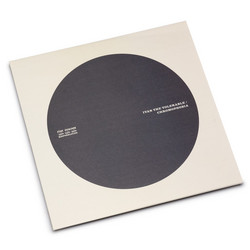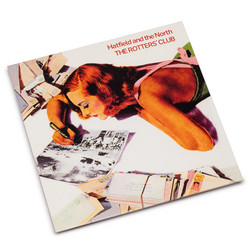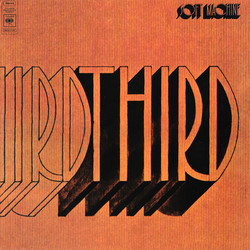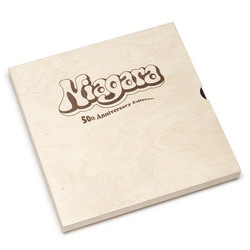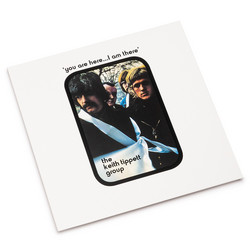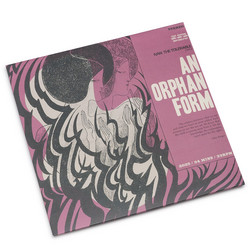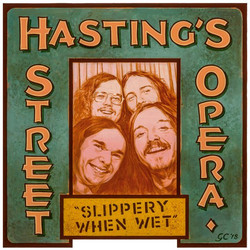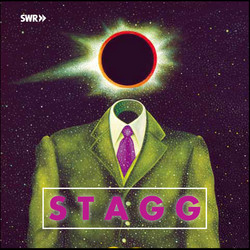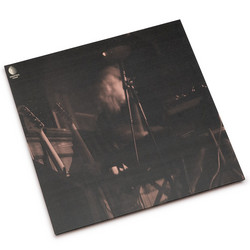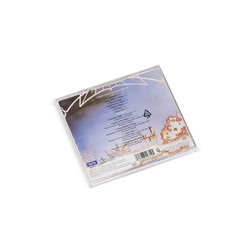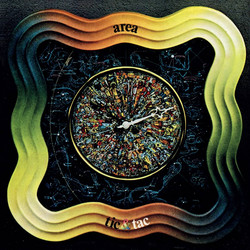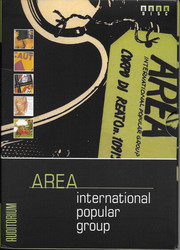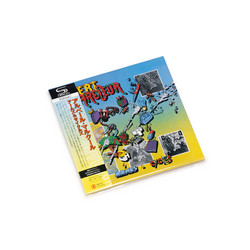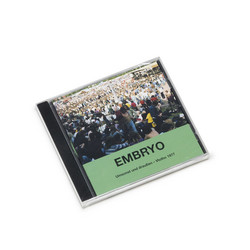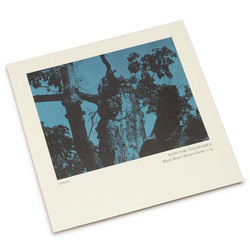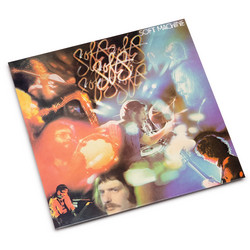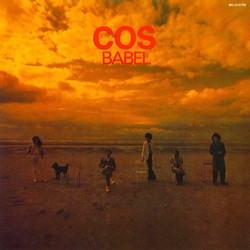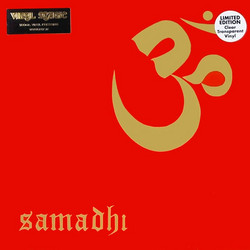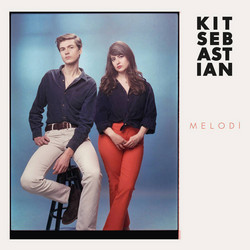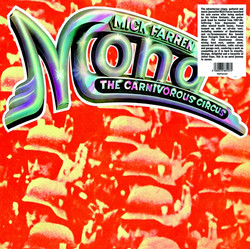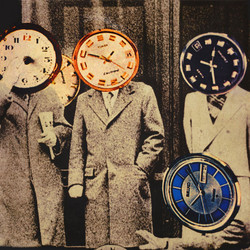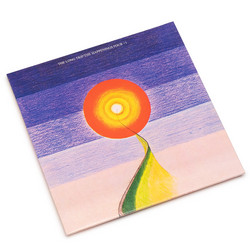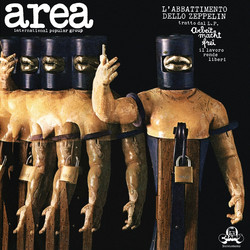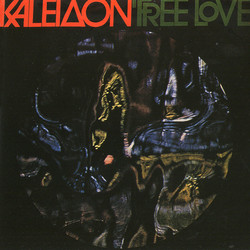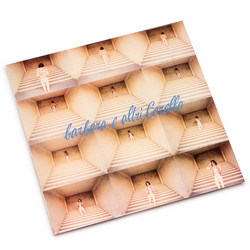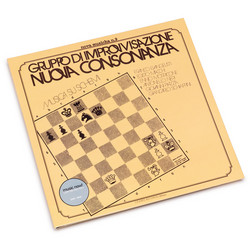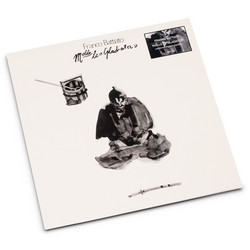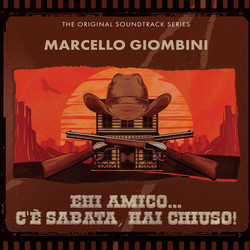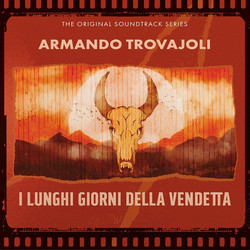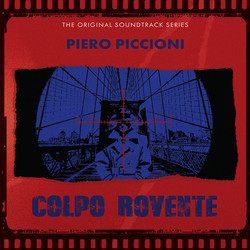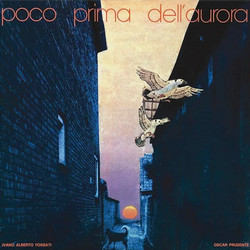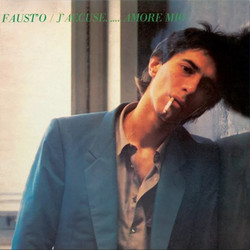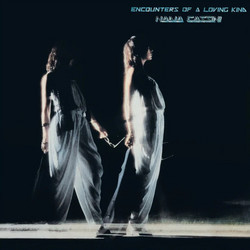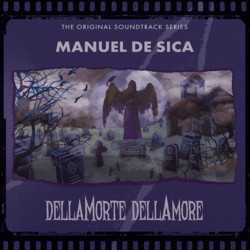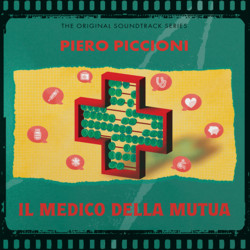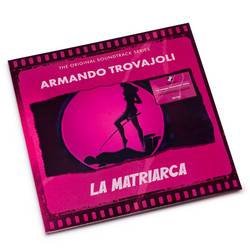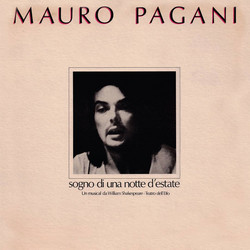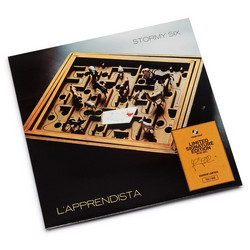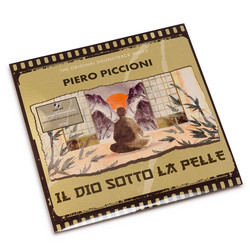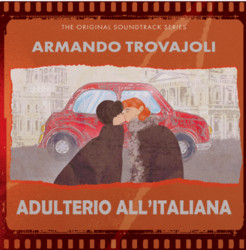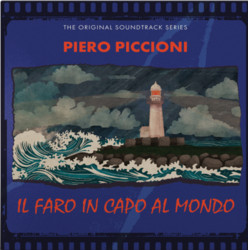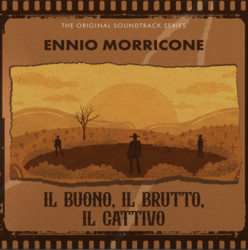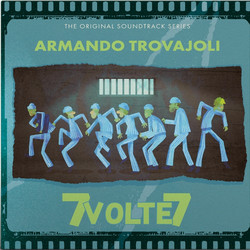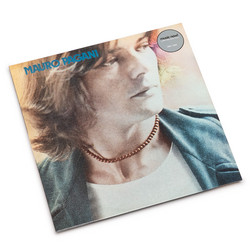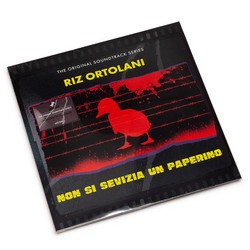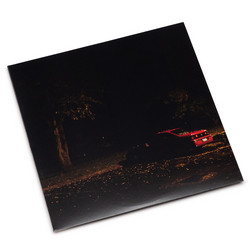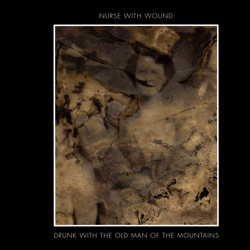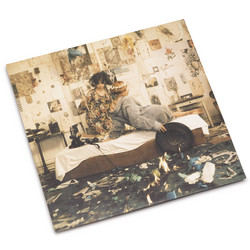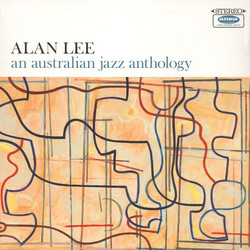Italian Experimental Progressive
File under avantgarde, free-spirited, and creative music from the Italian Progressive scene
See allKaleidon
Free Love
merging from tragedy, Kaleidon's sole 1973 album "Free Love" has evolved from obscure Italian jazz-rock artifact to revered cult masterpiece. The project began as keyboardist Stefano Sabatini's poignant response to the 1972 car accident that claimed two members of his previous band Free Love - a catastrophe that could have ended his musical journey. Instead, Sabatini assembled a new quartet to create what would become one of progressive jazz-rock's most emotionally charged instrumental statements. What immediately distinguishes "Free Love" is its rare alchemy of technical precision and raw feeling. While many 1970s fusion acts prioritized pyrotechnics, Kaleidon crafted a more introspective soundworld where Sabatini's shimmering Fender Rhodes and Massimo Balla's breathy saxophone conversations suggest a Mediterranean take on Miles Davis' In a Silent Way atmosphere. The deliberate absence of guitar creates unexpected space for Franco Tallarita's lyrical bass work and Giovanni Liberti's subtle rhythmic textures to shine. Critics have often noted how the 20-minute centerpiece "Antiteusi" moves like a four-act drama, its shifting moods ranging from elegiac piano meditations to explosive saxophone-led climaxes that recall the intensity of early Soft Machine.
The album's critical rehabilitation over decades speaks to its enduring power. Initially overshadowed in Italy's crowded progressive scene, collectors and journalists gradually recognized "Free Love" as a singular achievement. Jazz historian Luca Conti observed how Sabatini's playing "transforms grief into something luminous - those suspended chords during 'Frammenti' aren't just notes, they're a language of loss and hope." This emotional authenticity, combined with the band's restrained virtuosity, explains why original vinyl pressings now command crazy collector prices. What makes "Free Love" truly timeless is how it balances its heartbreaking backstory with pure musical innovation. The compositions never rely on sentimental manipulation - the melancholy in Balla's flute solo on "Oltre" or the ecstatic release of Sabatini's organ runs in the album's climax feel earned through masterful pacing. Perhaps this is why the album continues to find new audiences; as one contemporary reviewer noted, "This isn't nostalgia - it's the sound of musicians reaching beyond their circumstances to touch something universal." Fifty years after its creation, "Free Love" stands not just as a memorial, but as one of European jazz-rock's most perfectly realized visions - an album where every note feels necessary, and whose quiet power only grows with time.
